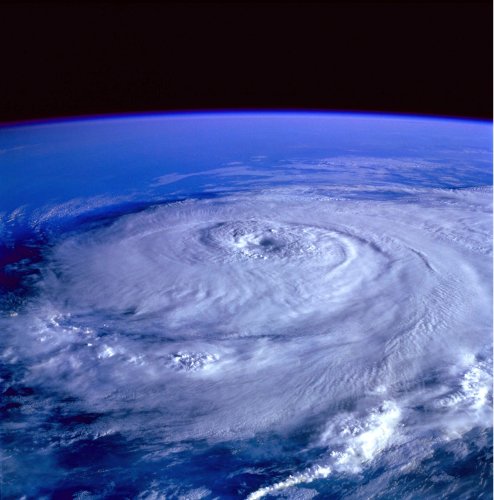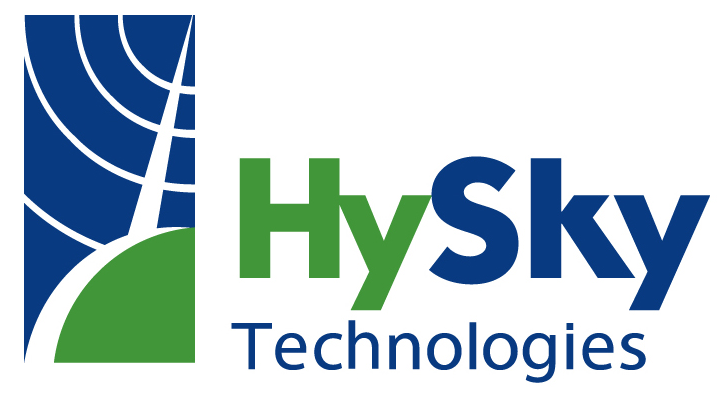HF Versus Cellular Service

When compared to cellular, the HySky system offers an excellent text messaging service that can be used for all sorts of messages and data transmissions. Even without the voice capability of cellular, a reliable, continuous messaging equivalent is provided.
In this area, HySky has two advantages over cellular. The first is cost and the second is coverage. In some respects, these two are interrelated because virtually no cellular service has continuous coverage, and to even come close to HySky’s coverage, considerable roaming charges beyond the basic cellular service would be imposed.
On the other hand, HySky’s HF-based service never imposes a roaming charge nor subjects its users to outage areas. Our system radiates messages and data from anywhere: in canyons, among buildings, through dense foliage, and especially from uninhabited and desolate parts of the USA.
The big advantage of HySky’s HF network is that it doesn’t rely on an infrastructure. We have no repeaters, no towers, no transmission lines, and not even any optical or field-of-view requirements. In the best of times, this makes little difference, but during crises or catastrophes, when towers go down, power is lost, and consumer demand exceeds capacity, HySky’s system keeps on working. The frequencies allocated to HySky and the corresponding HF links are managed, so critical emergency calls, etc., have priority. First access is given, not to the general public, but to those services that must communicate to accomplish their charters.
And, of course, another exceptional feature for emergency operations is the remote nature of the receiving sites. Whereas cell towers must be in the same disaster-struck area as the user or communicator, HySky receive sites are halfway across the US, well out of the disaster region.
